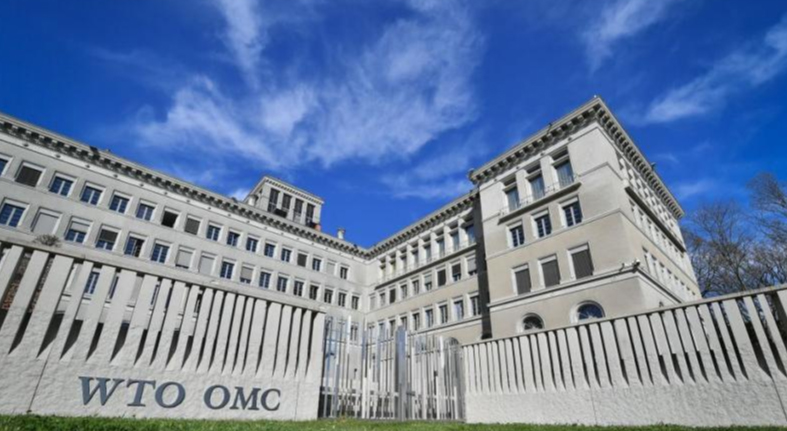The WTO Secretariat presented to the Sub-Committee the annual review of developments in preferential rules of origin conducted in the Committee on Rules of Origin (CRO) in October 2019. It said that the CRO’s work is enhancing transparency, with most preference-granting members notifying to the WTO their respective rules of origin requirements based on a template agreed by members. The CRO also hosts discussions on substantive aspects of members’ practices related to origin requirements and utilization rates of their preferential schemes by the LDCs.
The chairperson, Ambassador Van Daalen of the Netherlands, commended preference-granting members for the “continuous progress being made”, particularly in terms of “enhanced transparency regarding notifications of rules of origin, as well as preferential tariff and import data”. She added: “This allows in-depth discussions on rules of origin requirements and preference utilization.” Both the 2015 Nairobi and 2013 Bali WTO Ministerial Conferences adopted decisions to help LDCs benefit from preferential market access opportunities.
The Secretariat also introduced a new database recently launched in partnership with the World Customs Organization and the International Trade Centre to help firms comply with rules of origin requirements. The LDC Group welcomed the progress made in the notifications of rules of origin requirements and members’ collaboration in the analytical work carried out in the CRO.
The Sub-Committee also discussed trends in LDC trade and market access conditions based on the 2019 note by the WTO Secretariat. The share of LDCs in world exports of goods and commercial services stood at 0.94% in 2018, slightly higher than in 2017 (0.92%). LDC exports continue to be influenced by world energy prices as their exports tend to be concentrated in fuel and mining products. Statistics have shown that the extent of utilization of preferences by LDCs varies according to their destination markets. The LDC Group expressed concern with the growing trade deficit, which stood at USD 98 billion in 2018.
Moreover, members also reviewed the state of play in LDCs’ WTO accession processes. The flexibilities granted to LDCs during their accession processes include transitional periods to put their laws and practices in conformity with WTO rules. The LDC Group urged members to follow the LDC accession guidelines adopted in 2002 and intensify efforts to conclude the ongoing LDC accessions.
Currently, six LDCs in Africa and two in the Asia Pacific region are negotiating their WTO accession. These are: Bhutan, Comoros, Ethiopia, Sao Tome and Principe, Somalia, South Sudan, Sudan and Timor-Leste. Since 2004, nine LDCs have completed negotiations to accede to the WTO. These are: Afghanistan, Cambodia, Cabo Verde, Liberia, Nepal, Lao PDR, Samoa, Vanuatu and Yemen.


